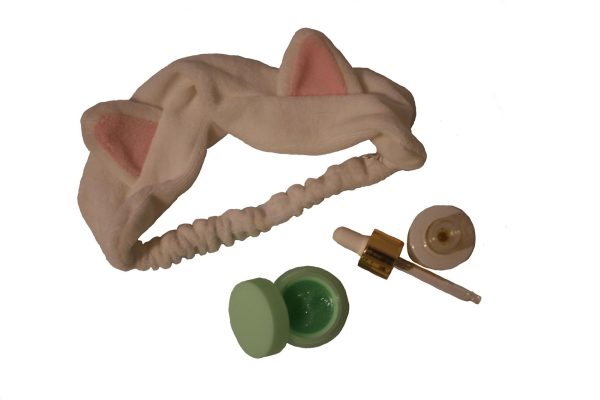APUSH from corruption: How College Board makes millions off of students
September 30, 2022
Waking up on a warm July morning to the muffled sound of the lawn mower in the distance, you assume it will be a rather relaxed day. You glance at the ceiling tiles and grab your phone off the nightstand. A jolt of panic shoots through your body as you see a notification informing you that your AP scores are to be released today. What was once a peaceful and simple summer day has now turned into one of the most important days of your academic career.
With the school year back in full-swing, so is enrollment in Advanced Placement courses and the infamous AP exam. As you read this, dozens of AP students and their families will ultimately be scammed by the College Board. The College Board is a massive corporation riddled with corruption because they are only there to take your money and teach you useless information. AP courses are not about learning, they are about regurgitating information into a pre-formatted essay. AP classes are the definition of classes that “teach to the test.” Many students will spend an entire school year learning content, learning rubrics and learning how to format their writing, just so that they can score above a 3 on the AP exam and earn college credit. In the history and english based AP classes, writing is an issue that most definitely needs to be addressed. Writing is not something that should ever be formatted; writing should be creative and free, because it is a way for students to express exactly what they are thinking. The AP curriculum has completely destroyed that creativity and taken away a student’s freedom to write however they please.
According to How to Approach Document-Based AP U.S History Questions, students in AP United States History (or “APUSH” as it’s known around the halls of NHS) are required to answer all 3 of the following items: a short answer question or SAQ, a long essay question or LEQ, and finally the worst offender of them all, a document based question, the dreaded DBQ. All three of these different essay prompts have their own rubric and formula, tasks that the College Board expects to be answered in a very specific way. For a DBQ, the format goes as follows: Thesis statement that includes some context of the historical situation, then, address your first argument defending your thesis, and your second argument defending your thesis, then next…no one really knows, because you’re already falling asleep from boredom. Could you legitimately think of a more tedious way to write an essay than that? So black and white, so dry and bland, so…boring. It’s boring, there’s no other way to describe it. Writing should never be matched to a formula, it should be a free and creative way for students to express an opinion or to answer a question. When the College Board forces students to write their essays like this, it cripples them, forcing them into a more narrow-minded style of thinking.
Due to the fact that it costs $96 to take the AP exam, each year students and their families waste millions of dollars on the exam. According to the College Board’s official website, around 52.8 percent of the 399,676 students who took the exam in 2021 ended up earning a score of 2 or lower. That’s 207,831 students who failed, and since it costs almost $100 to take the AP exam, the total comes down to about $20 million for APUSH alone that is wasted by students and their families. This doesn’t even take into account all of the universities, colleges and high schools that do not accept a 3 as a passing score. That number gets bumped up significantly for students attending those types of schools. To be exact, in terms of students who earn a 2 or lower, the College Board makes approximately $19,951,776 off of them. In total, including all of the students that passed the exam, the College Board made somewhere around $38,368,896. And remember, this is for the APUSH exam only. All of that money goes straight into the pockets of the College Board. It is important to remember that the College Board offers 33 other AP courses and exams, not including APUSH. If the College Board generates almost 40 million dollars off of one exam, imagine how much money they are bringing in each school year.
Now, to be fair, there are some significant benefits to taking an AP class. For students who aren’t interested in earning college credit, a heavy GPA weight is offered when you take an AP class. For instance, for regular classes NHS uses a 4 point scale for a student’s GPA, however, when you take an AP course, the College Board uses a 5 point scale. Therefore, if you earn an 85 percent in an AP course, it will actually count towards your GPA as a 95 percent. However, the College Board in the long run will not help you. They will steal your money and turn your hard work into pure profit. When will we stop letting the College Board take advantage of us? Until we, not just as a school, but as a nation, address this problem, it will continue to squeeze any and all life and creativity out of the students they’re supposed to be teaching.











